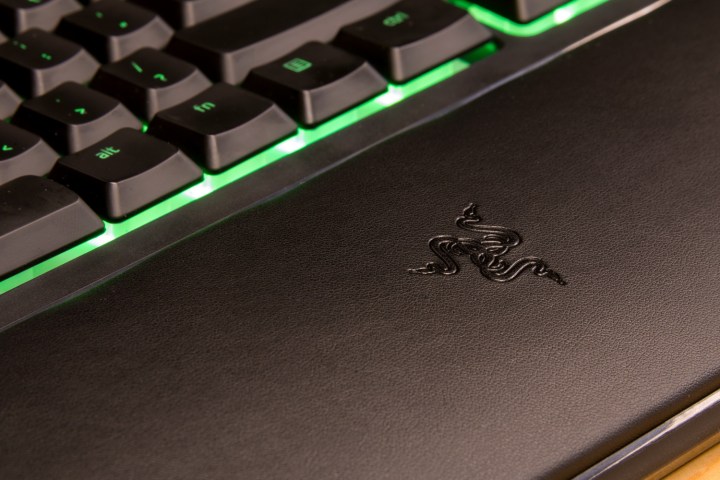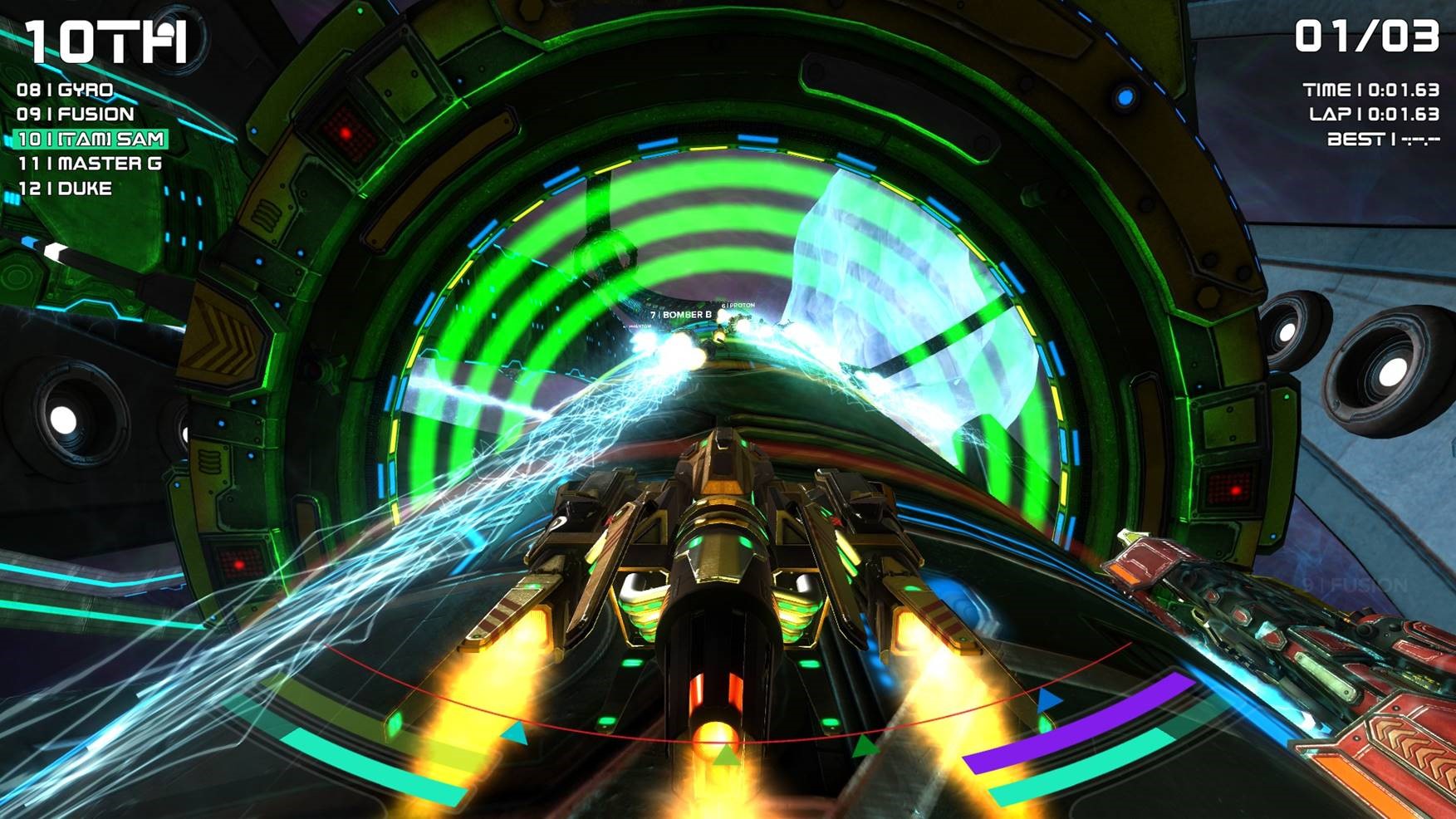
This is part of a $30 million overall investment by Razer, which analysts estimate is a tech giant worth over $1.5 billion. Razer previously announced a $5 million Ouya development fund for independent game studios (which has already funded three games) and a $5 million OSVR (open source virtual reality) development fund (which has funded 15 titles).
Zventures currently has three employees from Razer running the ship. Razer is currently interviewing venture capitalists to add them to the team that will focus on startups.
Tan told Digital Trends that Razer will invest anywhere from $100,000 to $1 million in companies across key growth areas, including the Internet of Things, e-sports, VR and AR, software (both gaming and gaming tools), robotics (including drones) and manufacturing and engineering.
Razer currently has over 20 million connected devices in the global marketplace, and millions of active daily users across its social media channels.
“We have one of the largest active user bases in the world specifically targeted at the gamer community, which tends to be very tech savvy and are technology evangelists,” Tan said. “Most of the new technology that’s been introduced recently, like motion sensing and VR, have grown from roots in the gaming community. We can introduce this audience to the startups we work with.”
Another key component Razer brings to the table is its experience as both a hardware and software company, according to Tan. Razer has its own line of laptops, headphones, gaming mice and even a new Stargazer web cam.
“We’re bringing our expertise in developing hardware and the software that we have,” Tan said. “And it’s not just that experience, but the relationships we have with hardware manufacturers, and knowing the life cycle of products at retail.”
In addition to its own Razer stores like the one it opened in San Francisco, Razer has partners with retailers like Best Buy in the U.S. and Media Markt in Europe. Tan said Razer can leverage its global distribution network and bring that to the startups the company focuses on.
At the same time, Tan is looking to have startups add value to Razer. The company has partnered with Lenovo to co-brand Razer Edition PCs aimed at gamers. And more recently, Razer has partnered with Maingear to create custom gaming PCs for its audience.
“We have a passionate user base, and they’re always looking for experiences to associate with the Razer brand,” Tan said. “We’re not a formal fund. We can bring our own experience as a startup to other startups and offer a financial return that will be profitable to the company. We think it will be one of the great benefits right out of the gate.”
Razer has its own virtual reality headsets, the OSVR Hacker Development Kit, available to both developers and consumers. The company previously made a six-figure investment in virtual reality hardware company Sensics, which manufactures its own lines of VR headsets for consumers, businesses, theme parks and even the military.
We think both VR and AR are nascent, with so much innovation and disruption happening.
“We’re excited about both VR and AR, including outside of the gaming space,” Tan said. “We think both VR and AR are pretty nascent, with so much innovation and disruption happening at this juncture. There’s a lot of talk today about which technology will be bigger, but we think both will be large and overlapping industries. We’re excited about both things and will invest in both areas.”
E-sports are one of the core charters of Razer, and one of those areas the company is focusing on with startups. Tan said that a lot of value will come from analytics in e-sports. Razer remains focused on PC gamers, which Tan said is a more committed and more tech savvy community than others in gaming.
“PC gamers are a very vocal and community-driven community,” Tan said. “PC is a great platform for new technologies like Oculus to introduce themselves.”
Tan said Oculus’ success can be traced back to the passionate PC user base that actively evangelized the virtual reality headset and spread the word long before Facebook stepped in, and purchased the company for $2 billion in 2014.




